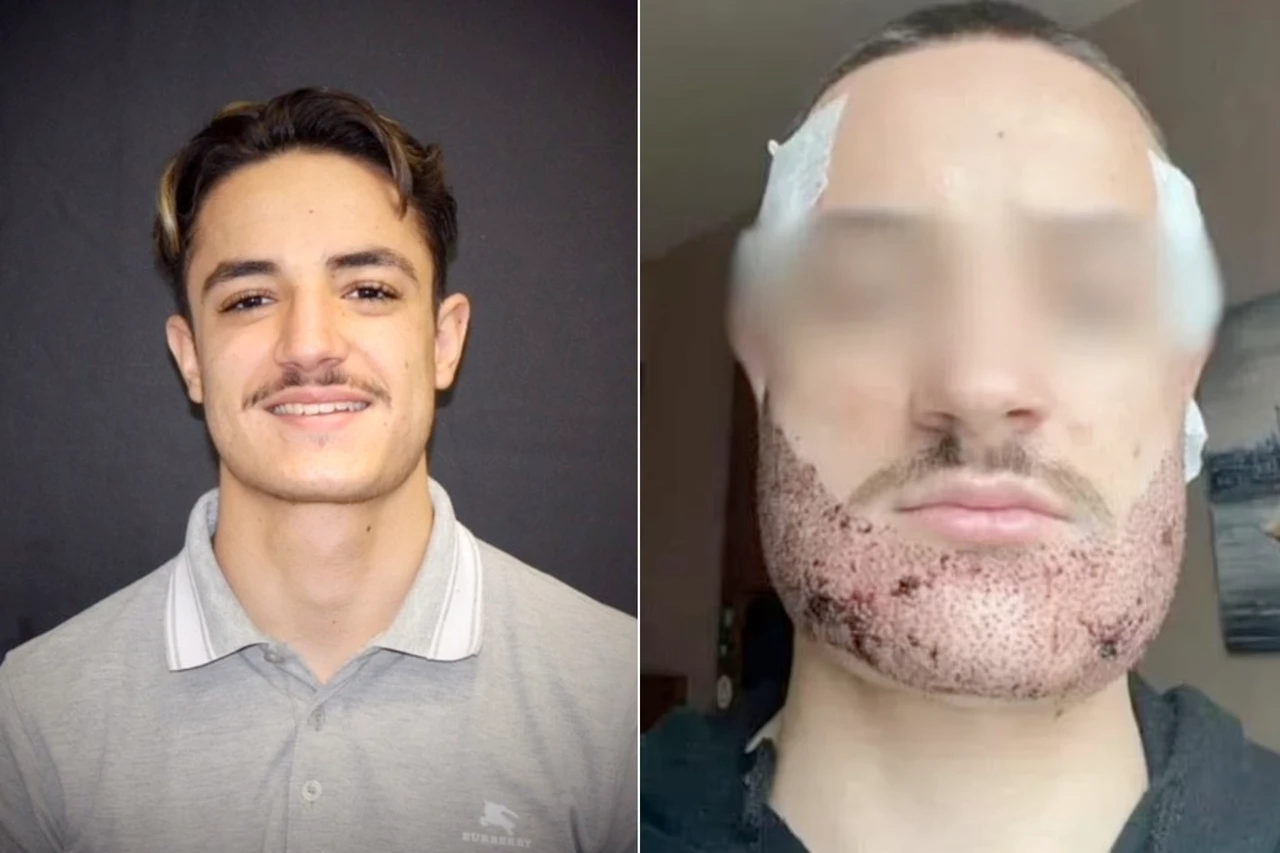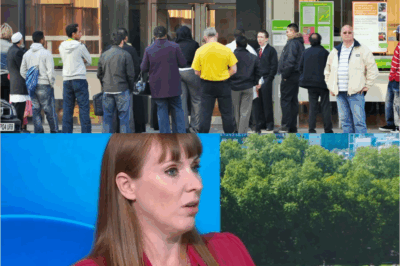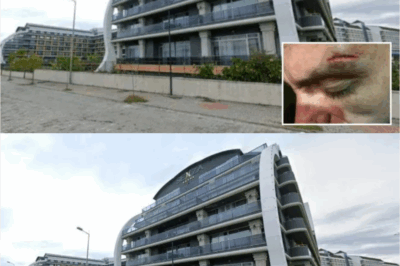A French student died by suicide after receiving a failed beard transplant in Istanbul from someone allegedly pretending to be a surgeon. In March 2024, 24-year-old Mathieu Vigier Latour travelled to Istanbul for a beard transplant. He was studying business in Paris at the time.
According to the Daily Mail, the cost of the transplant was around $1,950, only a fifth of the price it would be if getting the procedure done in France.
He found the clinic online, which appeared credible as it reportedly had certification from Turkey’s Ministry of Health. He learned after the procedure that the man performing the transplant was allegedly not a medical professional, but an estate agent.
After the procedure, Latour’s beard was reportedly oddly shaped and grew at an unnatural angle, like a “hedgehog.”
Over the years, Turkey has become more popular for cosmetic surgeries, including nose jobs and hair transplants. The popularity is primarily due to cheaper costs.

The tragic story of Mathieu Vigier Latour, a 24-year-old student from France, has recently shed light on the often-overlooked psychological pressures young people face regarding their physical appearance. After undergoing an unsuccessful beard transplant procedure, Mathieu tragically chose to end his life, highlighting the severe emotional toll that cosmetic and aesthetic interventions can have on young adults struggling with self-image and mental health.
Mathieu had long felt insecure about his appearance, particularly his inability to grow a thick, full beard, which he believed was necessary to achieve the societal standards of masculinity he deeply desired. Friends and family described him as kind-hearted, intelligent, and deeply sensitive, but also noted that he was significantly impacted by societal pressures and expectations around male beauty standards. The desire to conform to these expectations and to achieve a certain idealized look ultimately drove him to seek cosmetic intervention in the form of a beard transplant.
The procedure itself, a beard transplant, has gained popularity among young men globally, driven in part by social media influencers and celebrities who promote a defined, masculine appearance. This type of transplant involves relocating hair follicles from other areas of the body or scalp to the face in an effort to produce a fuller, more aesthetically pleasing beard. While generally considered safe and straightforward, these procedures can vary significantly in terms of results and effectiveness, and complications, both physical and emotional, can arise.
In Mathieu’s case, the procedure did not yield the results he had anticipated or hoped for. Instead of boosting his confidence and self-esteem, the unsuccessful transplant dramatically deepened his feelings of insecurity, anxiety, and isolation. Close friends reported that Mathieu became increasingly withdrawn, ashamed, and distressed after realizing the procedure had failed to meet his expectations, exacerbating his pre-existing struggles with anxiety and depression.
Sadly, Mathieu’s mental health deteriorated rapidly following the transplant. He reportedly expressed deep regret and shame about undergoing the procedure, feeling trapped in a cycle of self-criticism and hopelessness. Despite support from family and friends who sought to reassure and comfort him, Mathieu’s emotional state continued to worsen, and he began isolating himself socially, avoiding previous activities and relationships that once brought him joy and fulfillment.
Tragically, Mathieu’s unresolved despair culminated in his decision to end his life, leaving behind devastated family members, friends, classmates, and a broader community struggling to understand and process his loss. His family has since spoken publicly about the heartbreaking incident, hoping to raise awareness about the profound psychological impact of unrealistic beauty standards and societal pressures on young people, particularly regarding cosmetic enhancements such as beard transplants.
Mathieu’s story has prompted widespread reflection and conversation about the ethical responsibilities of cosmetic surgery providers, as well as the importance of comprehensive psychological assessments and counseling before undergoing elective aesthetic procedures. Mental health experts have emphasized that thorough psychological evaluations should be integral components of the cosmetic surgery process, ensuring clients fully understand the potential outcomes, risks, and emotional impacts associated with aesthetic interventions.
In the aftermath of Mathieu’s tragic passing, advocacy groups and mental health professionals have begun calling for better regulation and standards within the cosmetic surgery industry. They argue that increased transparency regarding risks, expectations, and potential emotional complications is crucial. Furthermore, many experts suggest that surgeons and aesthetic professionals should receive specialized training to recognize and address body dysmorphic disorder (BDD) and other mental health conditions that can influence decisions to pursue cosmetic enhancements.
The tragedy has also sparked important conversations about societal perceptions of masculinity and the pressures young men face to conform to narrow and often unattainable standards of appearance. Mathieu’s experience underscores the need to challenge toxic stereotypes about what constitutes attractiveness and masculinity, highlighting the necessity of fostering a culture of acceptance, compassion, and support rather than judgment and unrealistic expectations.
Mental health professionals emphasize that the emotional toll of cosmetic procedures is frequently underestimated or overlooked. Many young people pursue cosmetic enhancements believing these interventions will resolve deeper emotional or psychological struggles, only to find that procedures themselves rarely address underlying issues of self-esteem, anxiety, and depression. Mathieu’s story serves as a powerful reminder that addressing psychological and emotional health must be prioritized alongside physical appearance and cosmetic concerns.
In response to Mathieu’s tragic story, numerous campaigns and initiatives have emerged, aiming to educate young individuals about the realities and potential risks of elective cosmetic surgery. These initiatives advocate for improved mental health support, clearer communication about expectations, and increased scrutiny of cosmetic interventions marketed heavily on social media platforms. Advocates stress the importance of promoting realistic beauty standards, self-acceptance, and emotional resilience among young people, encouraging them to seek professional psychological support rather than pursuing invasive procedures as a solution to complex emotional challenges.
Ultimately, Mathieu’s heartbreaking story illustrates a critical and often overlooked intersection between mental health, self-image, societal expectations, and cosmetic surgery. It has sparked a global conversation about the ethical and psychological dimensions of elective cosmetic procedures, highlighting urgent calls for better support systems, stricter regulations, and a deeper understanding of the emotional complexities involved. The tragedy serves as a stark reminder of society’s collective responsibility to foster environments of inclusivity, acceptance, and compassion, in which individuals feel valued and supported regardless of physical appearance or societal standards.
While Mathieu’s loss remains profoundly devastating for those who knew and loved him, his story now serves as a powerful catalyst for change and awareness. The hope is that through continued advocacy, education, and dialogue, tragedies like Mathieu’s can be prevented, ensuring that young people facing similar struggles receive the support, understanding, and care they require and deserve.
News
“BANKRUPT BRITAIN?!” – Labour’s Plan to WATER DOWN Its Already Flimsy Welfare Reforms Could HURL the UK Into TOTAL FINANCIAL MELTDOWN
LABOUR is making a complete mess of welfare. Panicked and driven Left-wards by Reform’s surge, the Government is wobbling on the…
“TURKISH HOTEL TERROR!” – Brit Dad Brutally BEATEN TWICE in Front of His Kids… Family Holiday Spirals into a Living Nightmare
The alleged attackers reportedly had a feared reputation A DAD-OF-TWO said he was attacked twice in front of his kids…
“FED to PIRANHAS!” – 31-Year-Old Mum of 3 Vanishes After Ex’s Savage Revenge… Body Still Missing in Brazil
A MAN was caught on CCTV putting his former wife’s body in the boot of a car before coldly dumping…
“Dinner Party of DEATH!” – You Won’t Believe Erin Patterson’s Gross Confession After Her ‘Killer’ Mushroom Meal Claimed 3 Lives
MUSHROOM cook Erin Patterson who is accused of killing three people with a poisoned beef wellington graphically described how she…
HOLIDAY BLOODBATH! Teen SLASHED to Death with Broken Bottle in Lisbon—UK Tourist (27) DRAGGED Back to Portugal in Dramatic Midnight Extradition
Daniel was reportedly attacked while trying to defend a friend A BRITISH tourist has been arrested and extradited to Portugal…
LIVERPOOL PARADE CARNAGE! 53-Year-Old Driver PLOUGHS into Crowd—47 Injured, 4 Kids Hurt—Police Shout “NOT TERROR!” Fans in SHOCK
Emergency crews arrived to find people lying injured in the road and some trapped under the car FOUR children were…
End of content
No more pages to load













